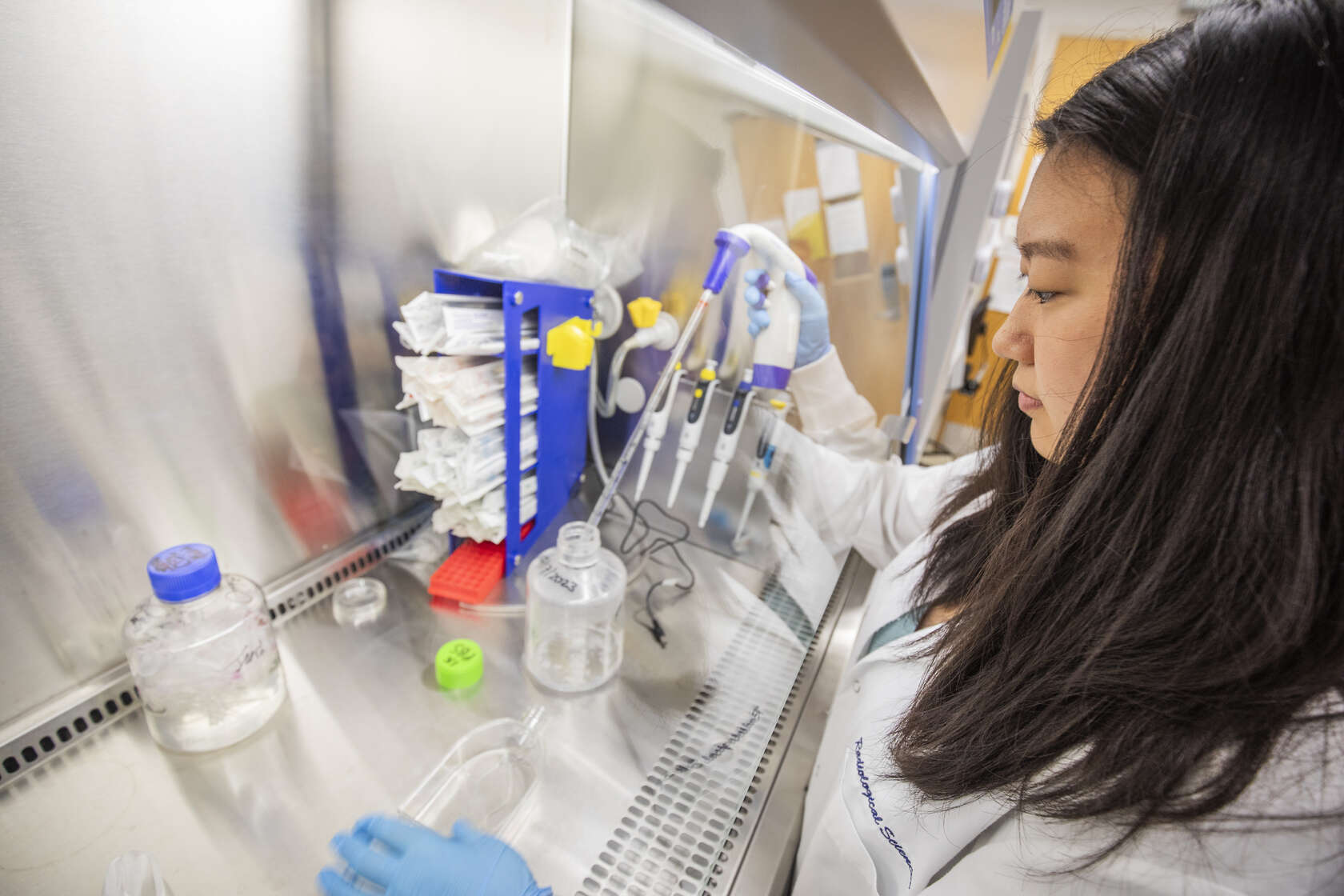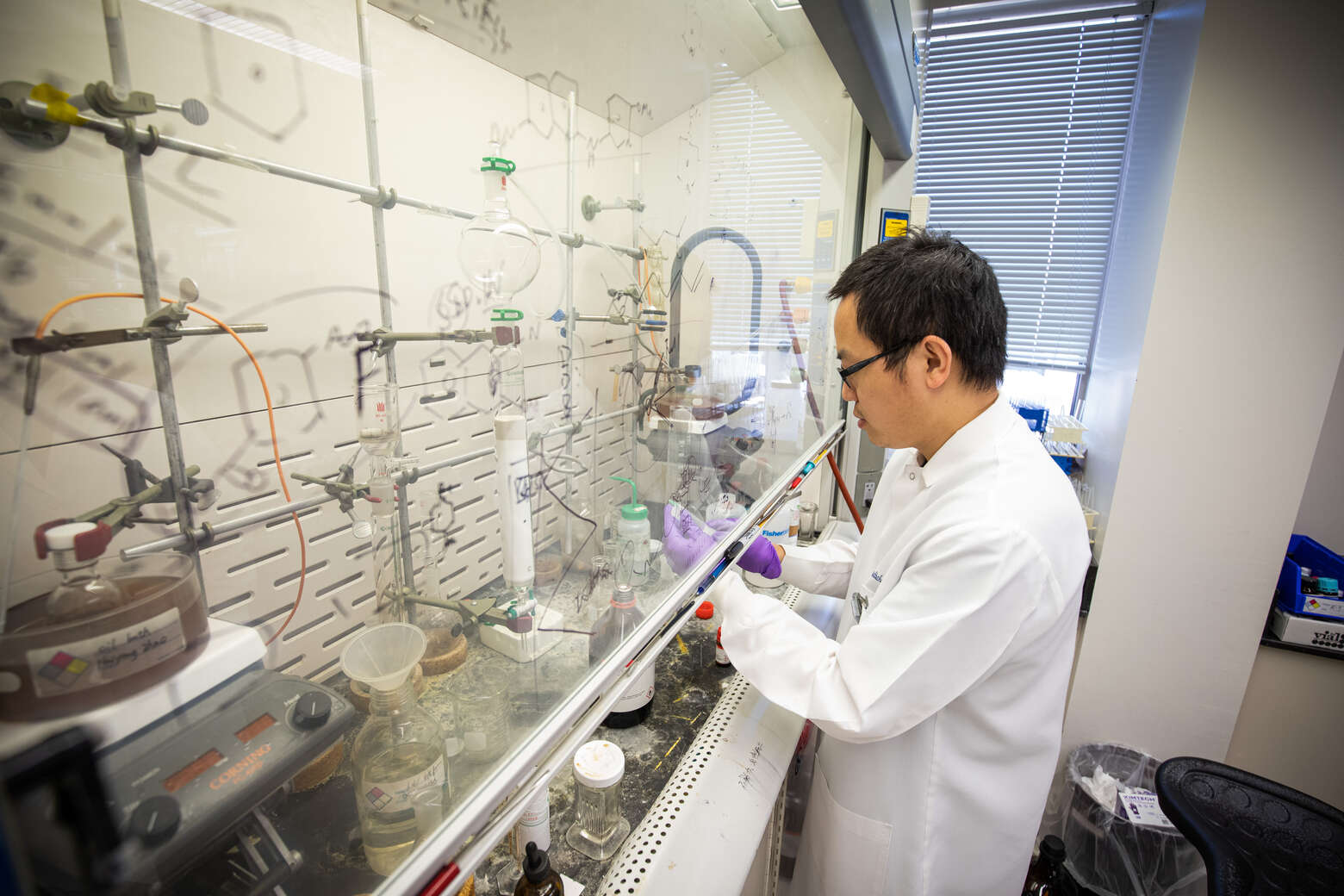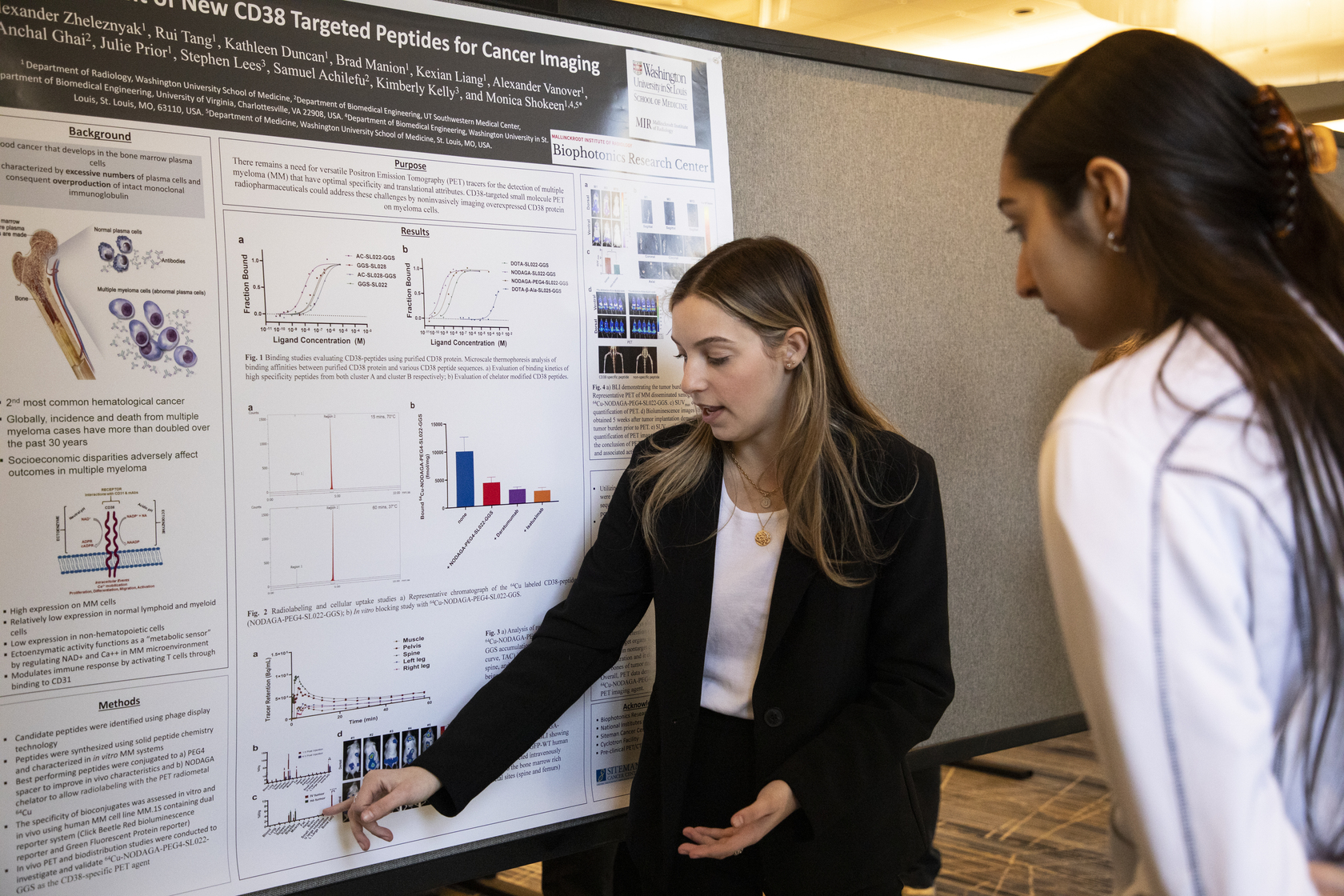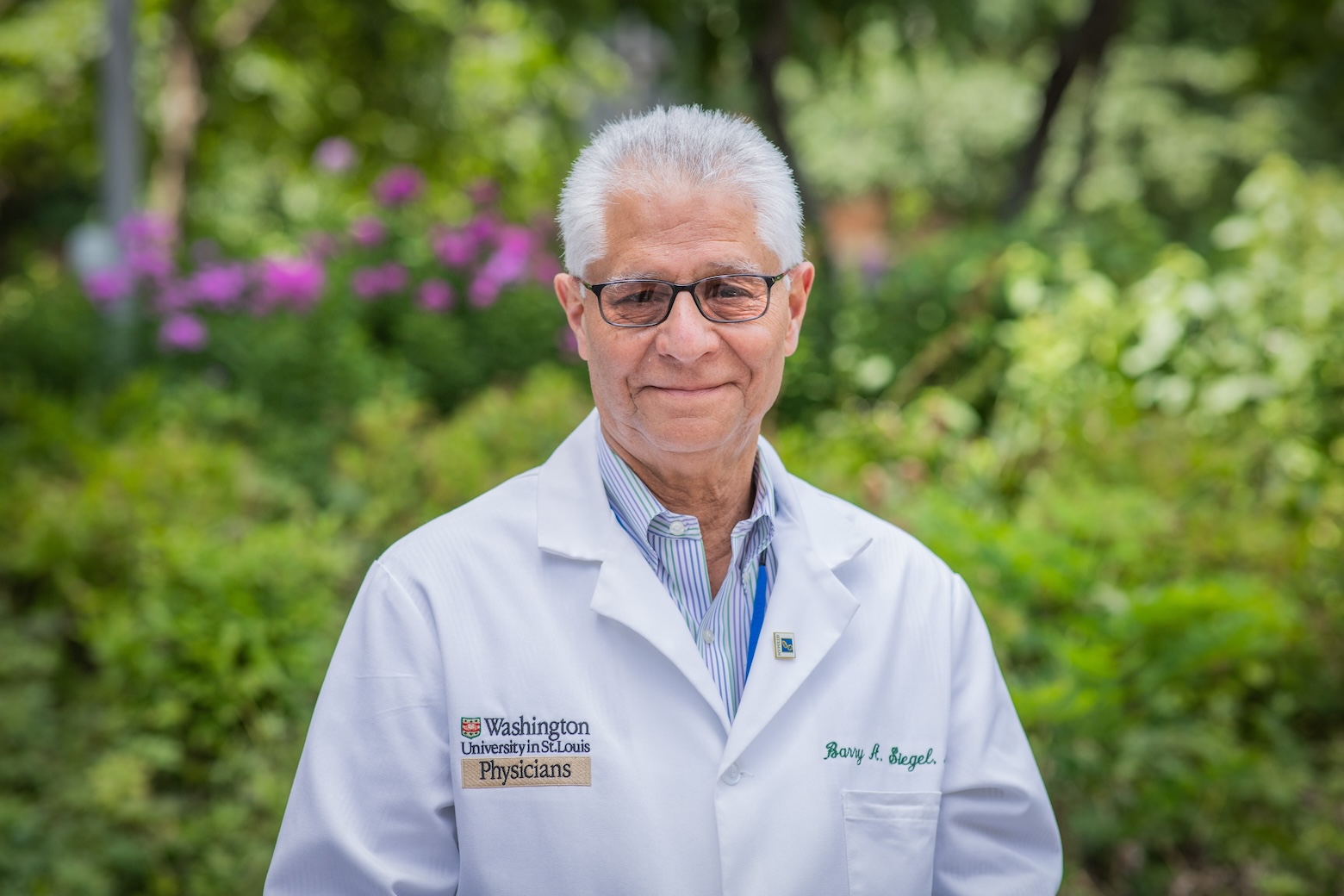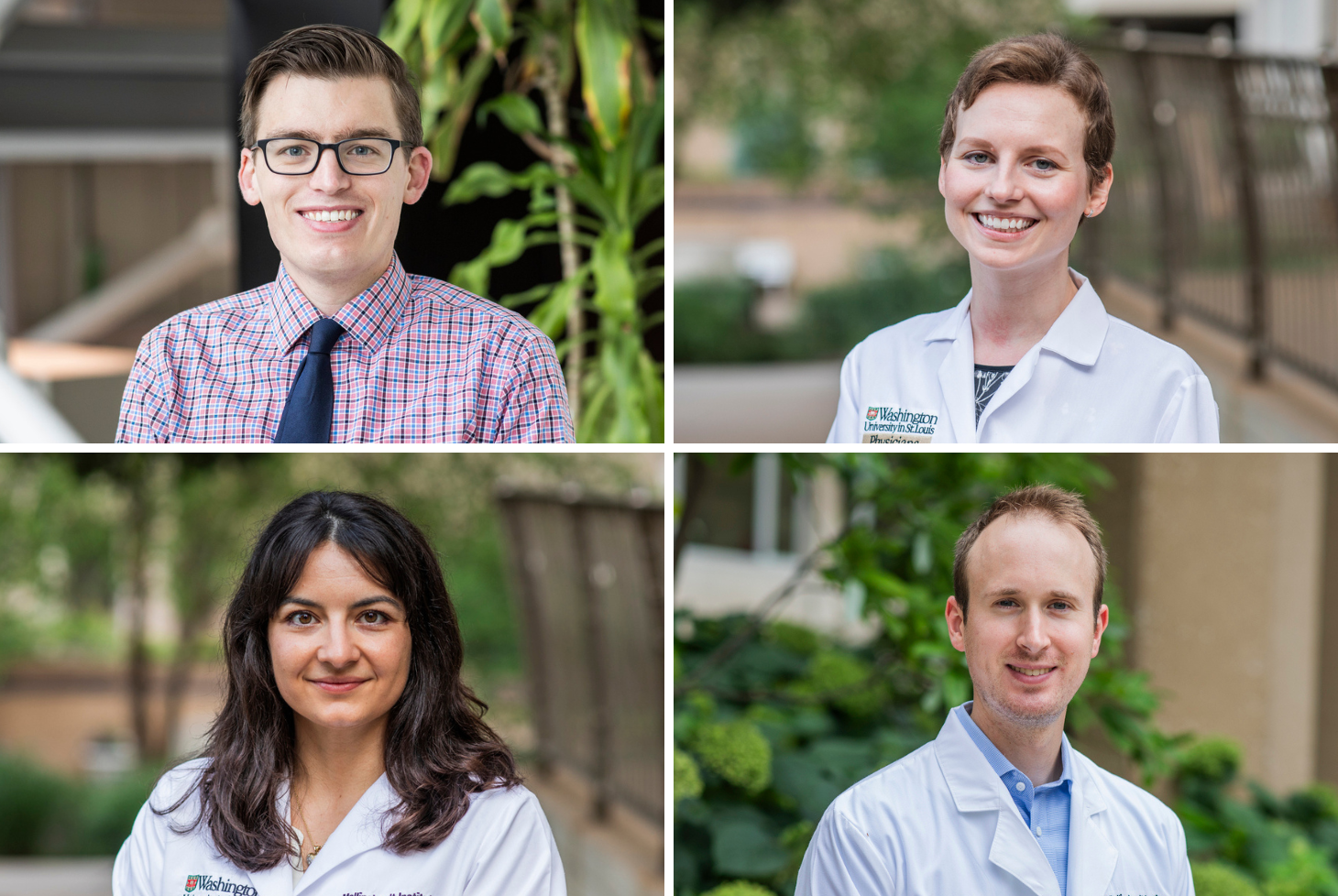Leading PET Imaging Innovators Speaking at PET-RTRC Scientific Session
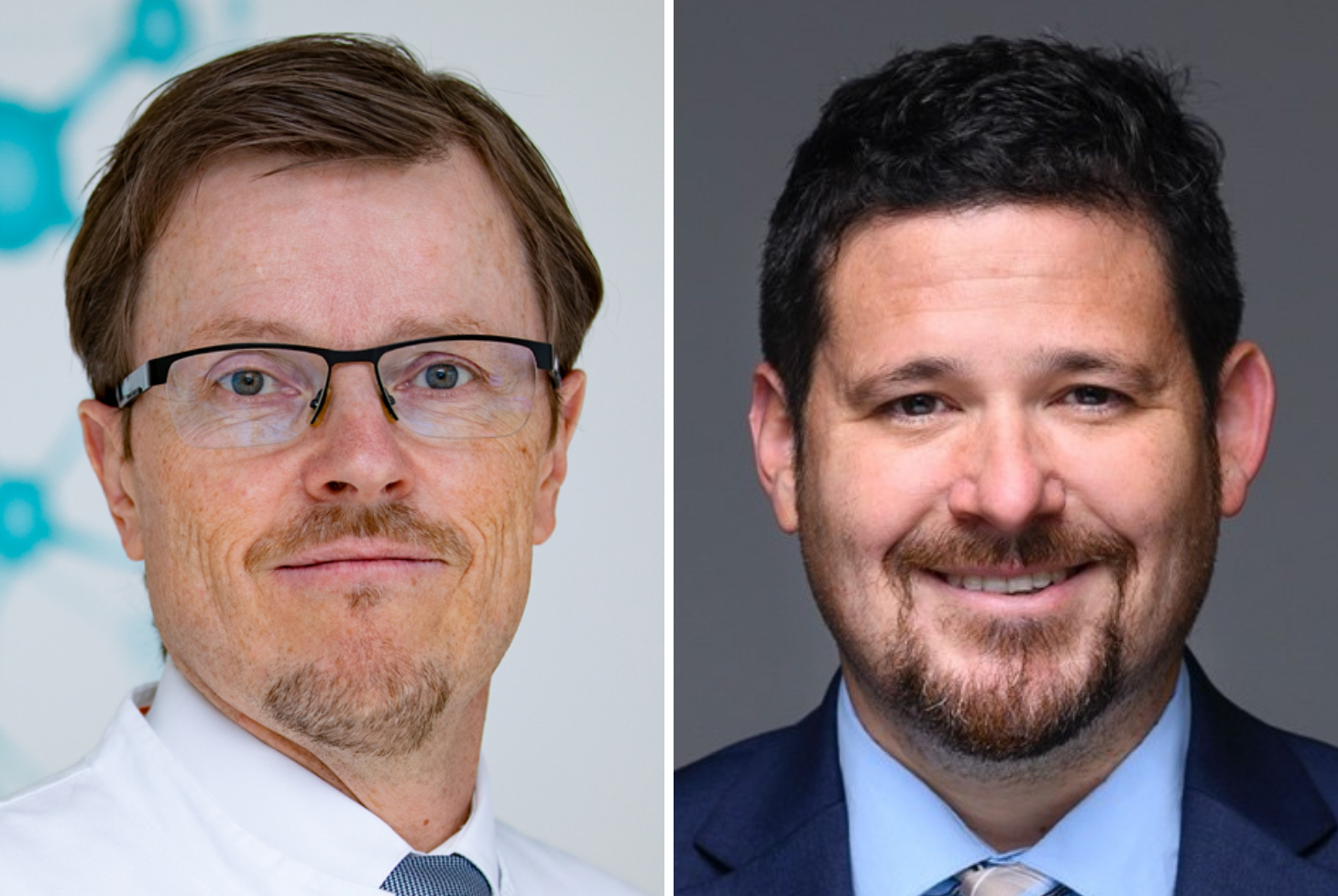
Leading PET imaging experts and innovators from all disciplines will discuss their work at this year’s virtual PET-RTRC Scientific Session on Jan. 13, 2022. The two plenary topics covered will be “Imaging of Inflammation Fibroxis Axis” and “Imaging of Inflammation in the Tumor Microenvironment.” If you’re interested in learning more or registering for the annual event, click here or email Michelle Hoelscher.
Plenary Topic: Imaging of Inflammation Fibrosis Axis
Molecular Imaging Guided Repair of the Heart
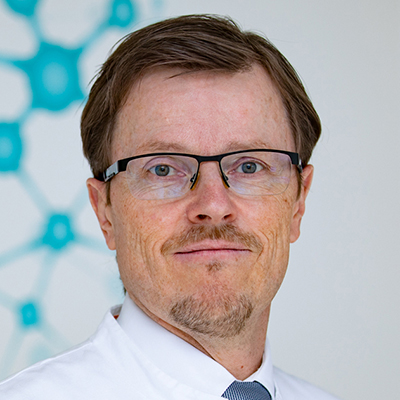
Plenary Speaker:
Frank Bengel, MD
Director, Nuclear Medicine Clinic
Hannover Medical School
Frank Michael Bengel is a German professor and nuclear medicine physician. Bengel is the current director of the Department of Nuclear Medicine and the Dean of Research at Hannover Medical School in Germany. He previously served as an associate professor and as the director of Cardiovascular Nuclear Medicine at Johns Hopkins University. Bengel’s main research focus is the application of noninvasive imaging techniques for the assessment of functional mechanisms in the body (especially in the cardiovascular system). In addition to advancing nuclear imaging techniques targeting blood flow, metabolism and autonomic nervous system of the heart, he also introduced novel techniques for imaging of gene expression and for tracking of stem cells in the heart. Rapid translation of novel tests is at the center of his work, in order to facilitate early disease detection and to refine the choice of therapy. Bengel has published about 350 original articles and reviews as well as 20 book chapters.
Metabolically Healthy and Unhealthy Obesity
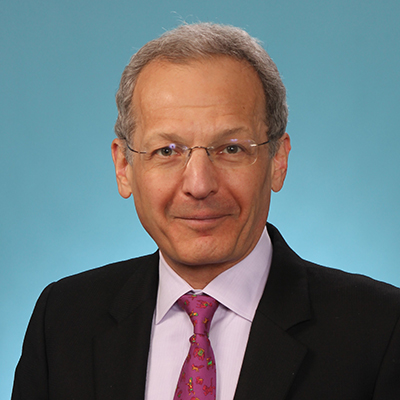
Samuel Klein, MD
Danforth Professor of Medicine and Nutritional Science
Washington University School of Medicine
Samuel Klein, MD, is the William H. Danforth Professor of Medicine, director of the Center for Human Nutrition, director of the Center for Applied Research Sciences, chief of the Division of Geriatrics and Nutritional Sciences, and director of the Weight Management Program at Washington University School of Medicine. Klein’s research activities are focused on understanding the mechanisms responsible for metabolic dysfunction associated with obesity, particularly nonalcoholic fatty liver disease, and the therapeutic effects of weight loss.
Targeted PET Imaging of CCR2 and FAP in the Injured Heart
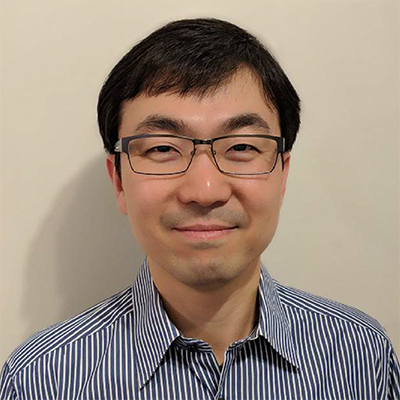
Gyu Seong Heo, PhD
Staff Scientist
Washington University School of Medicine
Gyu Seong Heo, PhD, is a staff scientist for Mallinckrodt Institute of Radiology (MIR) at Washington University School of Medicine. Heo’s research focuses on the development of molecular probes targeting inflammation for imaging and therapy. After earning a doctorate from Texas A&M University in organic and polymer chemistry, he has been working with Yongjian Liu, PhD, at MIR to pursue a career in molecular imaging.
Plenary Topic: Imaging of Inflammation in the Tumor Microenvironment
Targeting Cancer Metabolism for Molecular Imaging and Therapy

Plenary Speaker:
H. Charles Manning, PhD
Director, Cyclotron Radiochemistry Facility
MD Anderson Cancer Center
H. Charles Manning, PhD, is a chemist with a background in radiochemistry, medicinal chemistry and imaging science. Since starting his independent career at Vanderbilt University in 2006, Manning’s laboratory has focused on the discovery, translation and validation of chemical and molecular probes for cancer imaging and therapy. In 2020, the Manning Laboratory relocated to MD Anderson Cancer Center (MDACC) in Houston. At MDACC, Manning is a professor in the Department of Cancer Systems Imaging and serves as the scientific director of the Center for Advanced Biomedical Imaging (CABI), director of the Cyclotron Radiochemistry Facility and co-leads the MDACC Theranostics Program. He is a Cancer Prevention and Research Institute of Texas (CPRIT) Scholar. The Manning Lab focus on targeting cellular metabolism for imaging and therapy through the use of high-affinity ligands for receptor-based targets and metabolic substrate transporters elevated in cancer cells.
Getting Old Stinks, Age-Related Stromal Changes Drive Tumor Progression
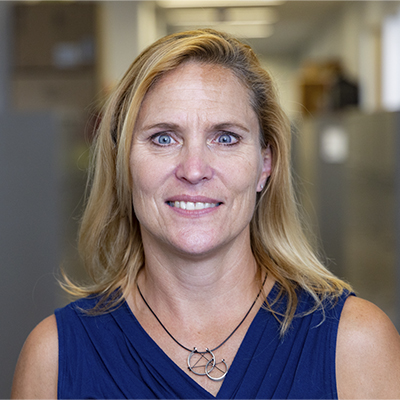
Sheila Stewart, PhD
Gerty T. Cori Professor of Cell Biology & Physiology
Washington University School of Medicine
Sheila Stewart, PhD, is the Gerty T. Cori Professor of Cell Biology and Physiology at Washington University School of Medicine, the vice chair for the Department of Cell Biology and Physiology and the associate director for basic science at Siteman Cancer Center. Stewart studies telomere dynamics and how age-related changes in the tumor microenvironment impact tumorigenesis and contribute to therapy-induced comorbidities, as well as how age-related changes in the premetastatic niche facilitate tumor cell seeding, dormancy and outgrowth and alter the local immune response to facilitate tumor cell proliferation.
PET Imaging of the Inflammatory Tumor Microenvironment
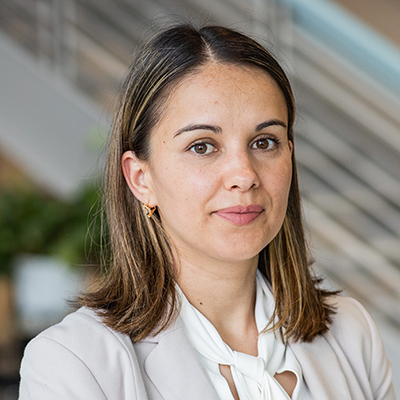
Patrícia Ribeiro Pereira, PhD
Assistant Professor of Radiology
Washington University School of Medicine
Patrícia Ribeiro Pereira, PhD, is an assistant professor of radiology for Mallinckrodt Institute of Radiology (MIR) at Washington University School of Medicine. Ribeiro Pereira’s research centers on tumor-targeted multimodal imaging techniques, in concert with complementary genetic and proteomic approaches, to investigate how regulation of membrane receptors can function in tumors and their microenvironment at the most basic level and at the level of drug resistance.

